For anyone whose family photo would be incomplete without the presence of a certain canine companion, you already know that life….well, it just hits differently when you have a pet. At no time is this more apparent than when the warm weather begins to roll in, and summer finally makes its official (and long-anticipated) debut.
To the devoted dog owner, however, summer is not all backyard barbecues and weekend escapes to a sandy paradise with a view. To the informed (pet) parent, the onset of warmer weather and higher humidity levels means one thing and one thing only: tick and mosquito season is about to begin.

Despite their thick coats and boundless energy, dogs are no safer from mosquito bites than you or your loved ones are – at least not without protection. That’s right, mosquitoes DO bite dogs and cause just as much irritation and discomfort! Moreover, mosquito bites on dogs are not just a minor inconvenience; given their propensity for harboring disease, mosquitoes can spread disease to your four-legged friend, typically in the form of the West Nile virus and in potentially deadly heartworms.
Are Mosquitoes Bad for Dogs?
There are no two ways about it: mosquitoes can have dire consequences for the health of your dog. Most healthy dogs (and cats) infected with the West Nile virus will recover from the illness or may show no symptoms at all. But heartworm disease, which has been detected in all 50 states, remains a serious risk for dogs.
Fortunately, since the transmission requires the intermediary of a mosquito to carry the parasite from dog to dog, heartworm disease is not directly contagious. However, what this does mean is that successful transmission is most likely to occur during peak mosquito season. In areas of the southern United States – particularly Florida and its fellow warm-weather neighbors – this means that the threat of mosquito-borne parasites could be an ongoing reality, regardless of the season. Experts at the FDA noted that “within the United States, heartworm disease is most common along the Atlantic and Gulf coasts from the Gulf of Mexico to New Jersey and along the Mississippi River and its major tributaries.” While heartworm disease is widespread, dog owners can combat it with regular vet visits and preventive heartworm medications.
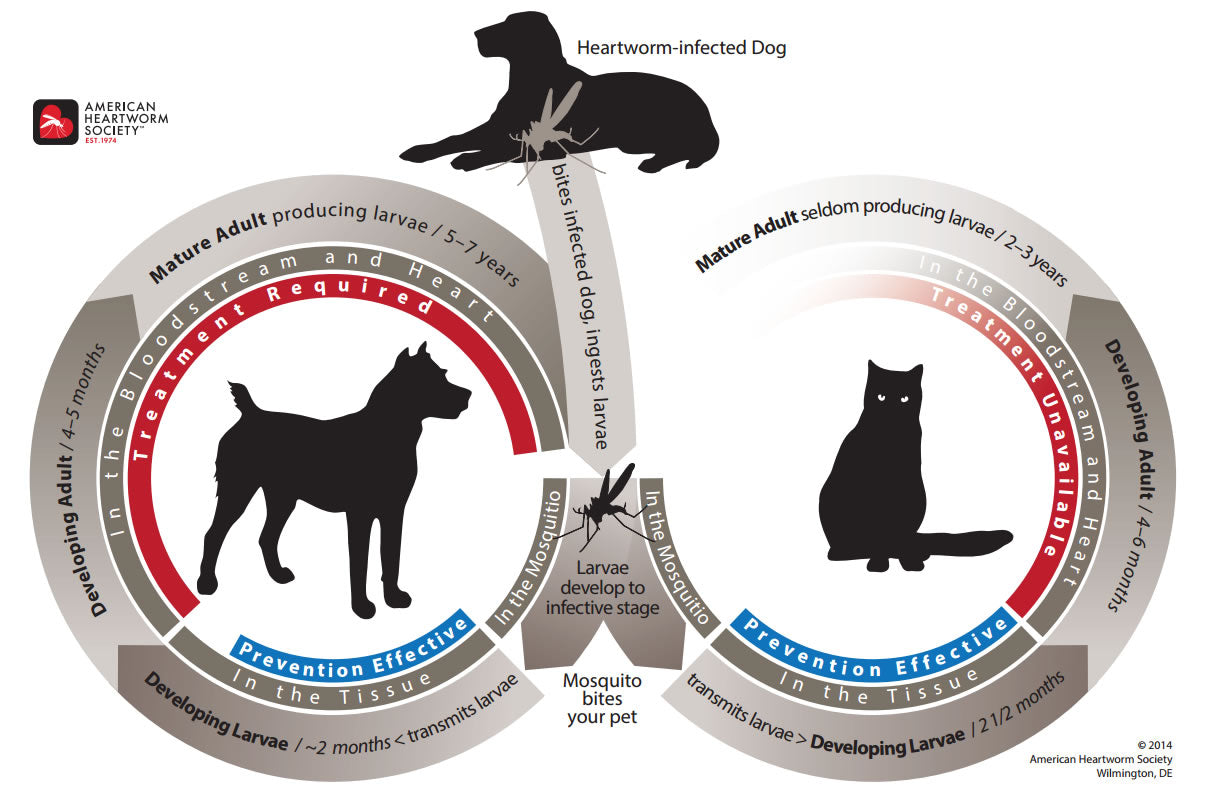
Dog Mosquito Bites: What Helps and What Hurts?
You love your pet as much you love, well… we won’t make any comparisons, but it’s a lot. And yet, even for how much you love and adore your family pets, you can’t be with them every hour of the day. After all, if you could, there probably wouldn’t be so many holes in the yard or chomped-on TV remotes.
Thus, even if you’re already taking the necessary precautions against diseases like heartworm, mosquito bites are just as itchy, uncomfortable and annoying to your dog as they are to you. So what can you do to keep intrusive insects off your dog this summer? Here are our five tips for keeping your pets safe during mosquito season!
BUG SPRAY – NO WAY!
Stop! Before you run to the cupboard to grab the mosquito spray and give your dog a few generous squirts, know that what works for you will not work for your dog! Bug spray is not safe for dogs. The most common ingredient in traditional mosquito repellents is a chemical known as DEET. While DEET has been correlated with extremely low toxicity levels in human dermal applications, the same is not true for pets. According to the ASPCA, “DEET can cause significant clinical signs in companion animals. It is an N, N-dialkyamide insecticide that is found in over 500 products in varying concentrations. The higher the concentration, the more risk to the pet.” DEET can cause eye, digestive and skin problems in dogs as well as tremors and seizures. Natural repellents can present problems for pets too. (See our tip below about essential oils, the active ingredients in Best Bee Brothers’ Natural Insect Repellent, which contains oils that are safe for humans but not for our furry friends!)
Remember: what’s okay for you is not always okay for your dog. Before applying anything to your pet’s fur or skin, check with your trusted veterinarian, and stick with vet-approved topical repellents only.
INVEST IN YOUR GARDEN
If you’re looking for more natural ways to discourage mosquitoes from paying you a visit, consider investing in a diverse garden, complete with plants that mosquitoes typically stay away from. You can plant herbs like basil and lavender, or flowers like marigolds and geraniums. Mosquitoes tend to avoid these plants because they don’t like how they smell – and in the long run, you’ll be able to show off a beautiful garden and cook with some homegrown herbs! Learn more about the herbs and plants that deter mosquitoes.

TAKING THE SCENT OUT OF ESSENTIAL OILS
As they’ve grown in popularity over the years, the wide range of topical applications for
essential oils has only become more and more inclusive – at least for humans. If you’re looking for a natural solution to this mosquito problem, it’s tempting to reach for your oils as a means to protect your dog. A word of caution though: most essential oils are not safe for use on pets, especially when applied directly to their coats! Some oils, like tea tree and citronella, are great at repelling summertime pests, but are also extremely toxic to your furry friends, and are best avoided altogether.
Moreover, when it comes to dealing with preexisting bites, essential oils may actually be more harmful than beneficial. The American Kennel Club (AKC) notes that “applying oils topically can be irritating to the skin – yours and your dog’s. This is counterproductive for treating skin conditions and can add to your dog’s discomfort.” For those reasons, we do not recommend applying any substance directly to your dog’s coat, and consider it best to always consult your veterinarian before testing out a new mosquito-free pet solution. (For humans who’ve been bitten, we recommend our innovative Bug Bite Sucker! Try it and get instant relief from mosquito bites, using just pressure and suction: no sprays or ointments needed!)
SPRING CLEANING IS A MUST
When trying to repel mosquitoes, don’t forget about the spaces you can’t necessarily see. It’s nobody’s favorite chore, but a big factor in keeping your yard (and, by extension, your dog) mosquito-free is regularly cleaning out your gutters and downspouts that might have collected debris during the winter months. When they aren’t free of organic debris, these spaces can hold undrained water, transforming them into prime breeding spots. Getting a jump start on some of your spring cleaning activities could mean a world of difference for you and your pets this summer!

SAY GOODBYE TO STAGNANT WATER!
After cleaning downspouts and gutters, one of the easiest and most effective ways to
prevent harmful parasites from infecting your dog is simply to remove any other areas of stagnant water, such as in planters and bird baths that might need to be emptied.
Why? Mosquito larvae need an aqueous environment to grow and mature into their adult forms. As such, stagnant, still water provides the ideal breeding ground for developing young pupae and larvae. By remembering to empty your dog’s outdoor water bowl and other sources of still pools and puddles in your front and backyard each night, you can go a long way in making your home less appealing to water-dependent insects (and their wormy passengers).
There are some important things to remember if you are attempting to repel mosquitoes from your beloved dog. Do your research to make sure a product or ingredient is safe for you and your pup. We have a great line of natural mosquito repellent products where you can start!
- John Gardiner, “West Nile Virus,” March 25, 2019, UC Davis Veterinary Medicine, Animal Health Topics, https://healthtopics.vetmed.ucdavis.edu/health-topics/canine/what-west-nile-virus.
- “Heartworm Basics,” American Heartworm Society, accessed March 16, 2022, https://www.heartwormsociety.org/pet-owner-resources/heartworm-basics.
- Center for Veterinary Medicine, “The Facts about Heartworm Disease,” August 22, 2019, U.S. Food and Drug Administration, https://www.fda.gov/animal-veterinary/animal-health-literacy/keep-worms-out-your-pets-heart-facts-about-heartworm-disease.
- “Don’t DEET That Dog!,” ASPCA, accessed March 16, 2022, https://www.aspcapro.org/resource/dont-deet-dog.
- Anna Burke, “Are Essential Oils Safe for Dogs? There Are Quite a Few Risks Involved,” September 21, 2021, American Kennel Club (American Kennel Club, September 21, 2021), https://www.akc.org/expert-advice/health/are-essential-oils-safe-for-dogs/
- Burke, “Are Essential Oils Safe for Dogs?”.



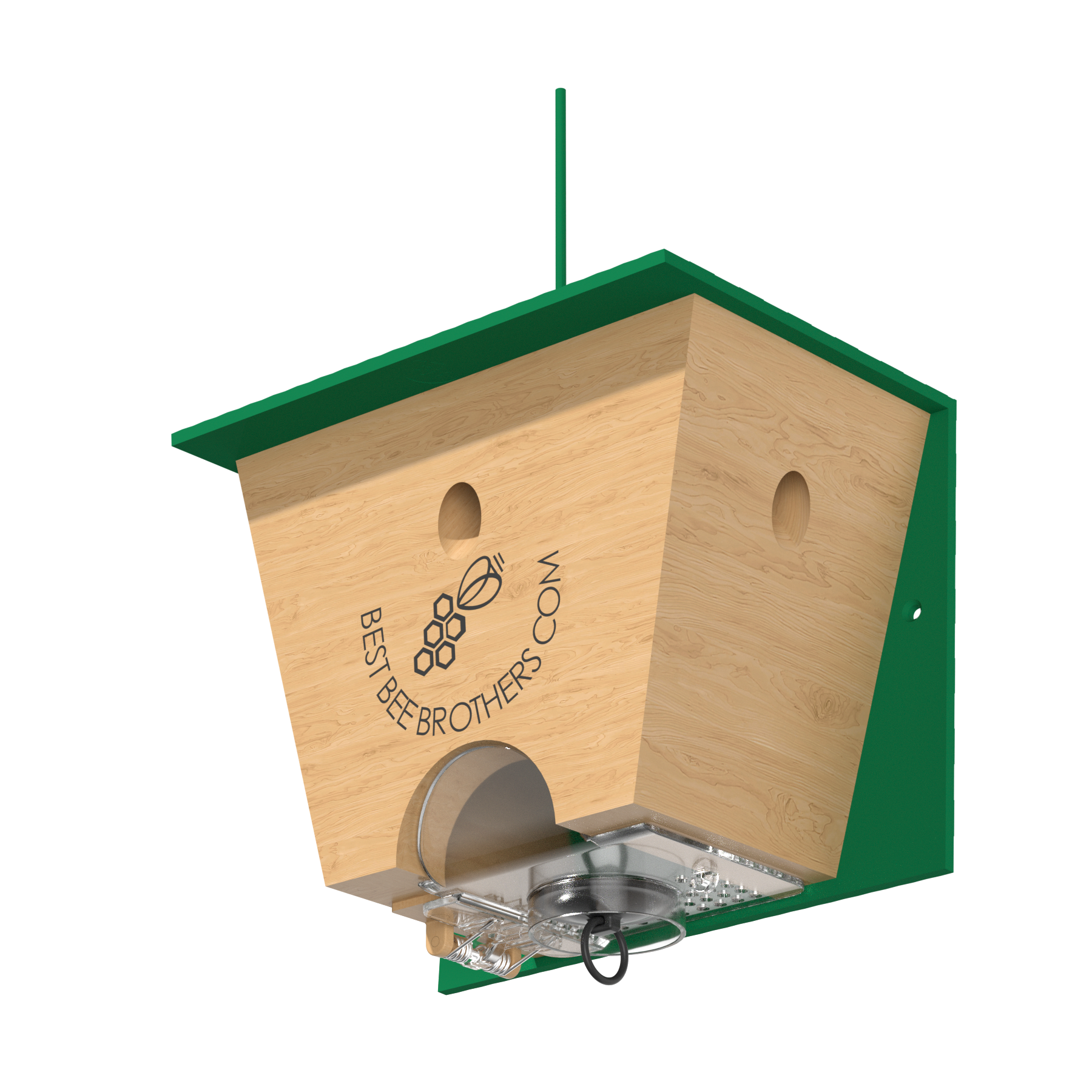

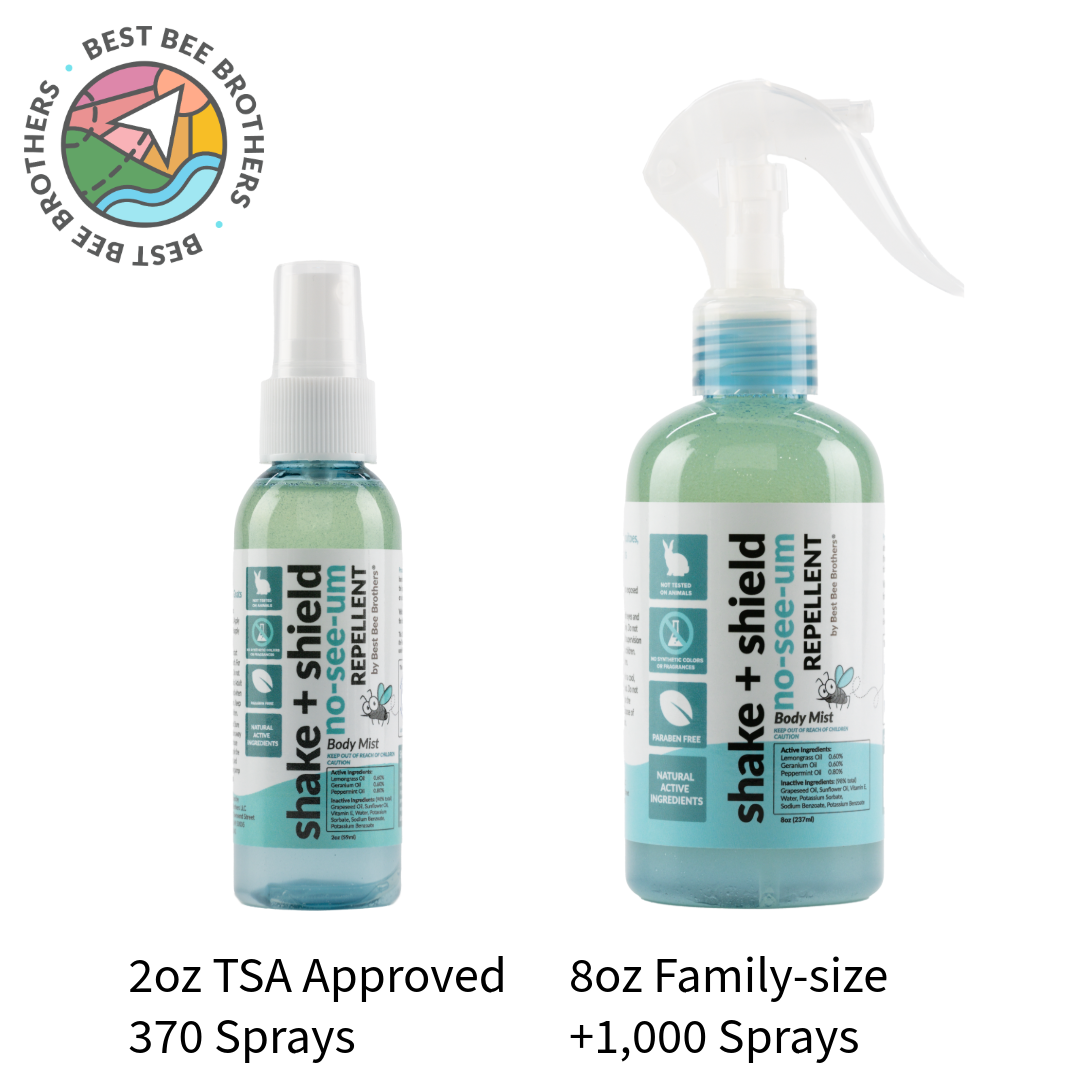
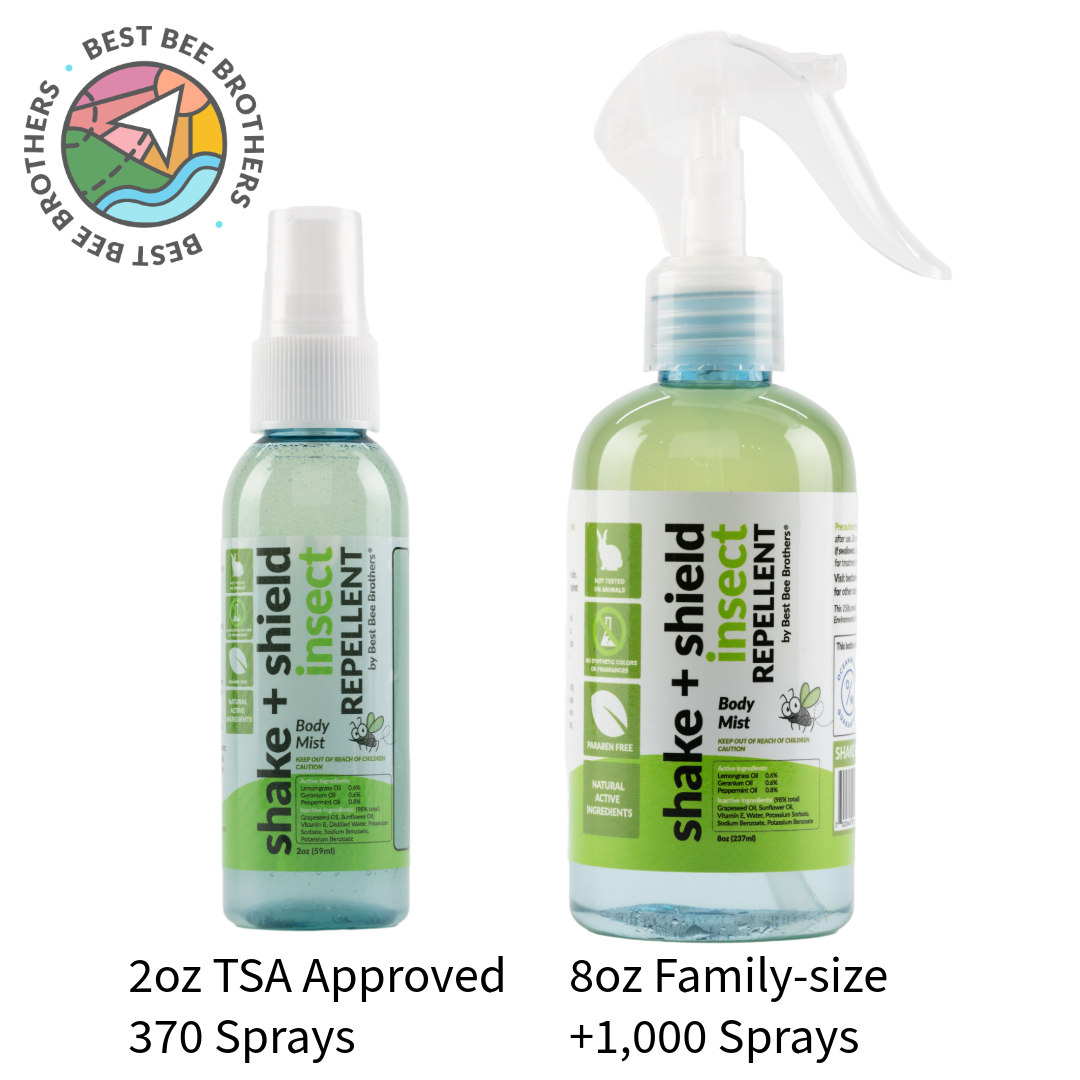
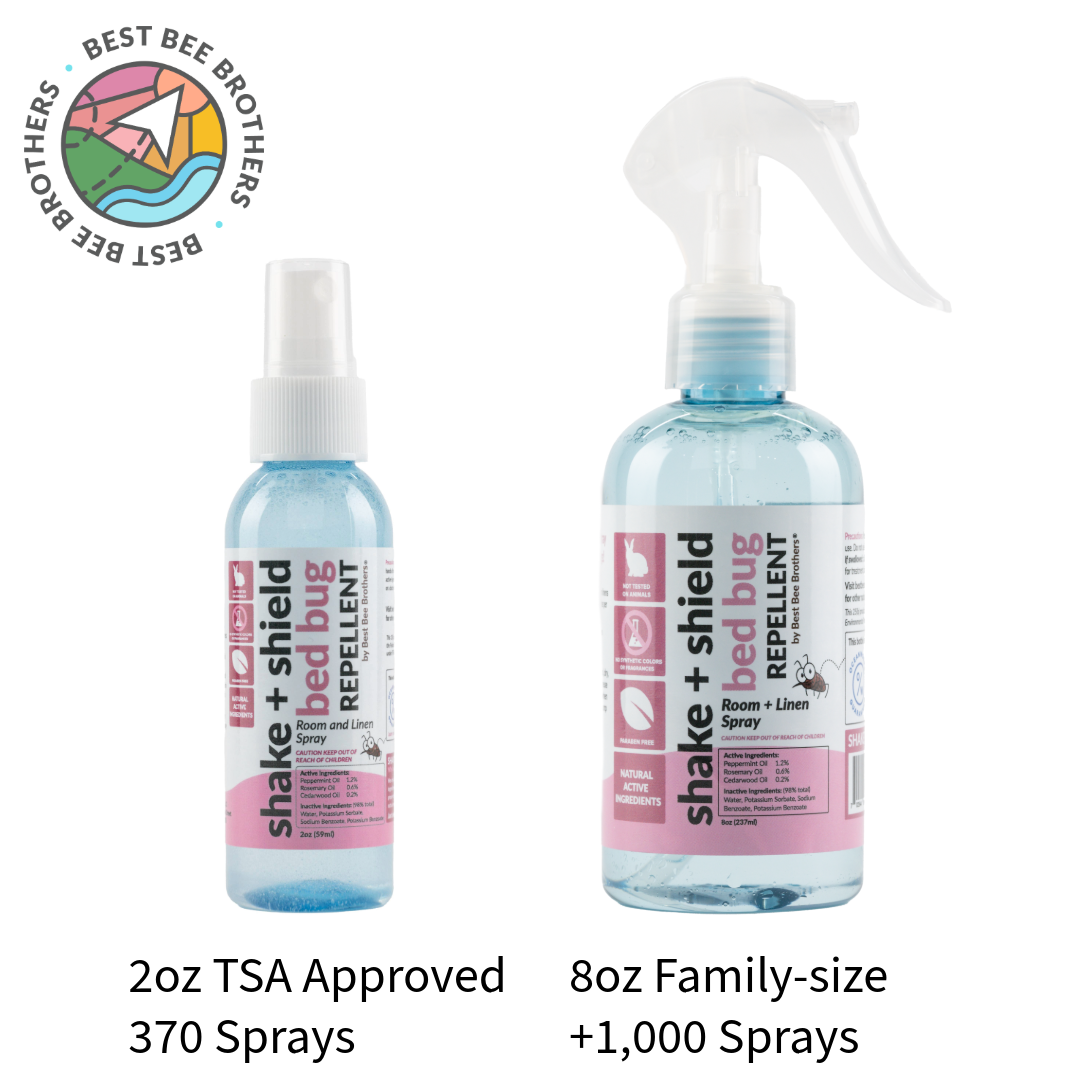
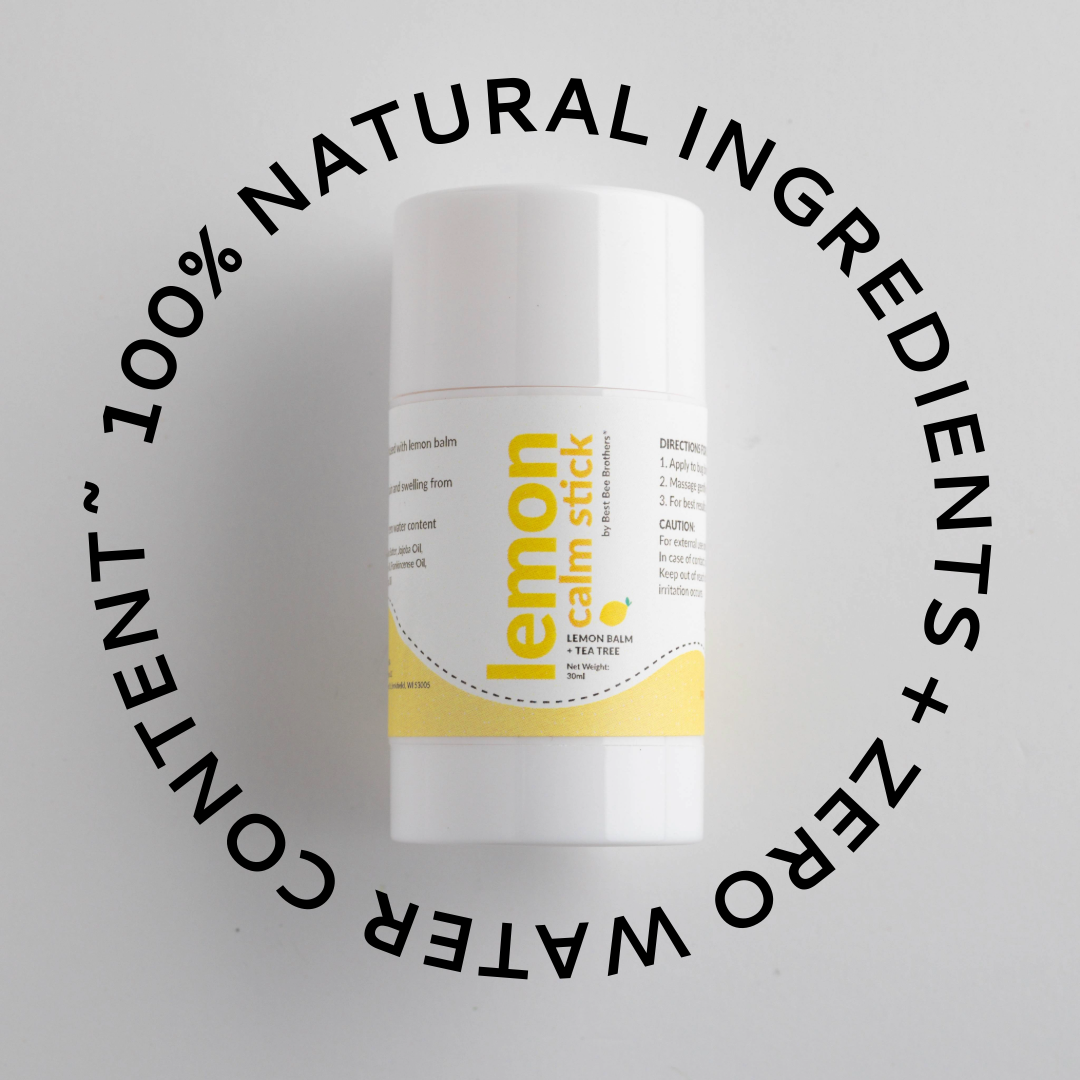
Leave a comment
All comments are moderated before being published.
This site is protected by hCaptcha and the hCaptcha Privacy Policy and Terms of Service apply.